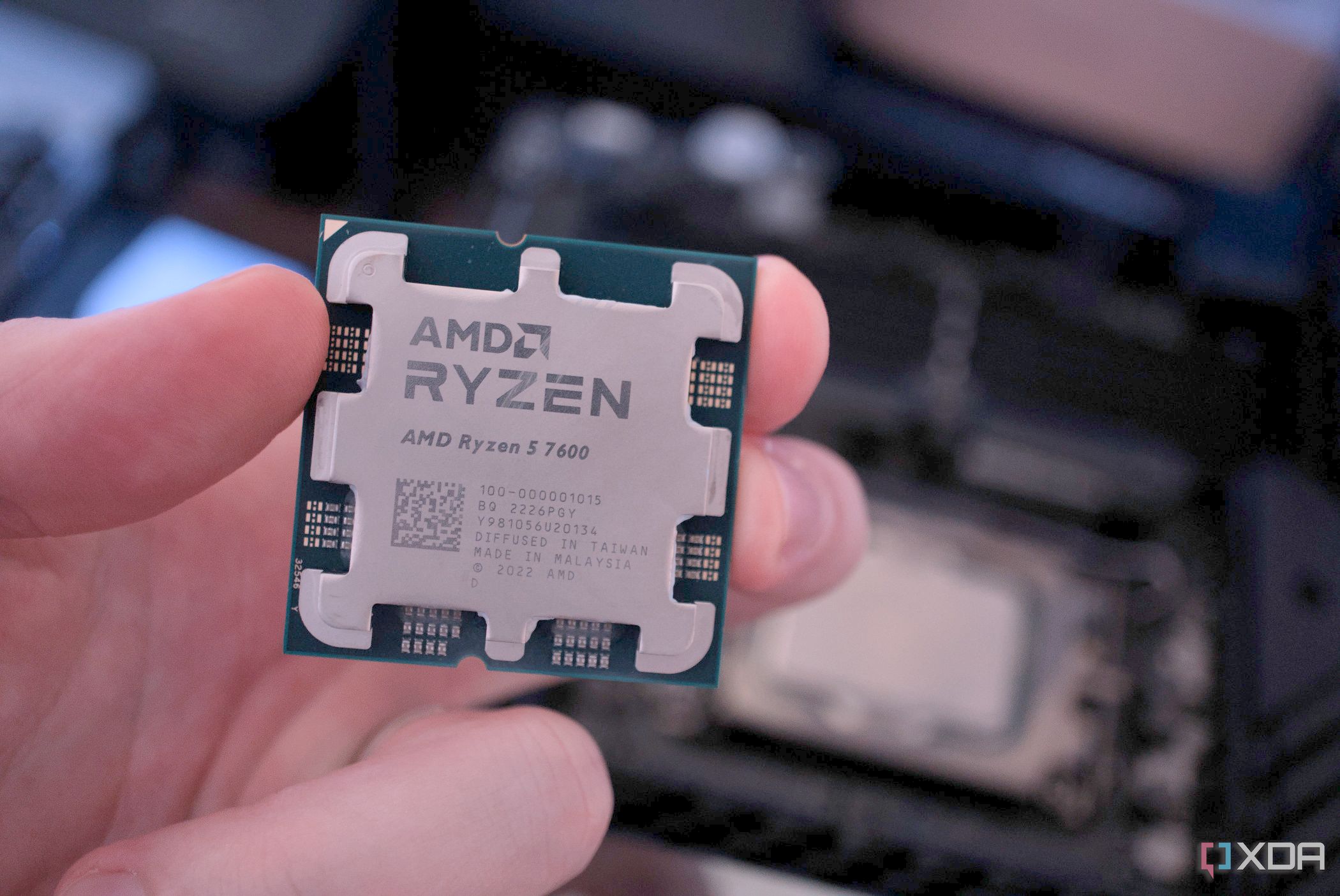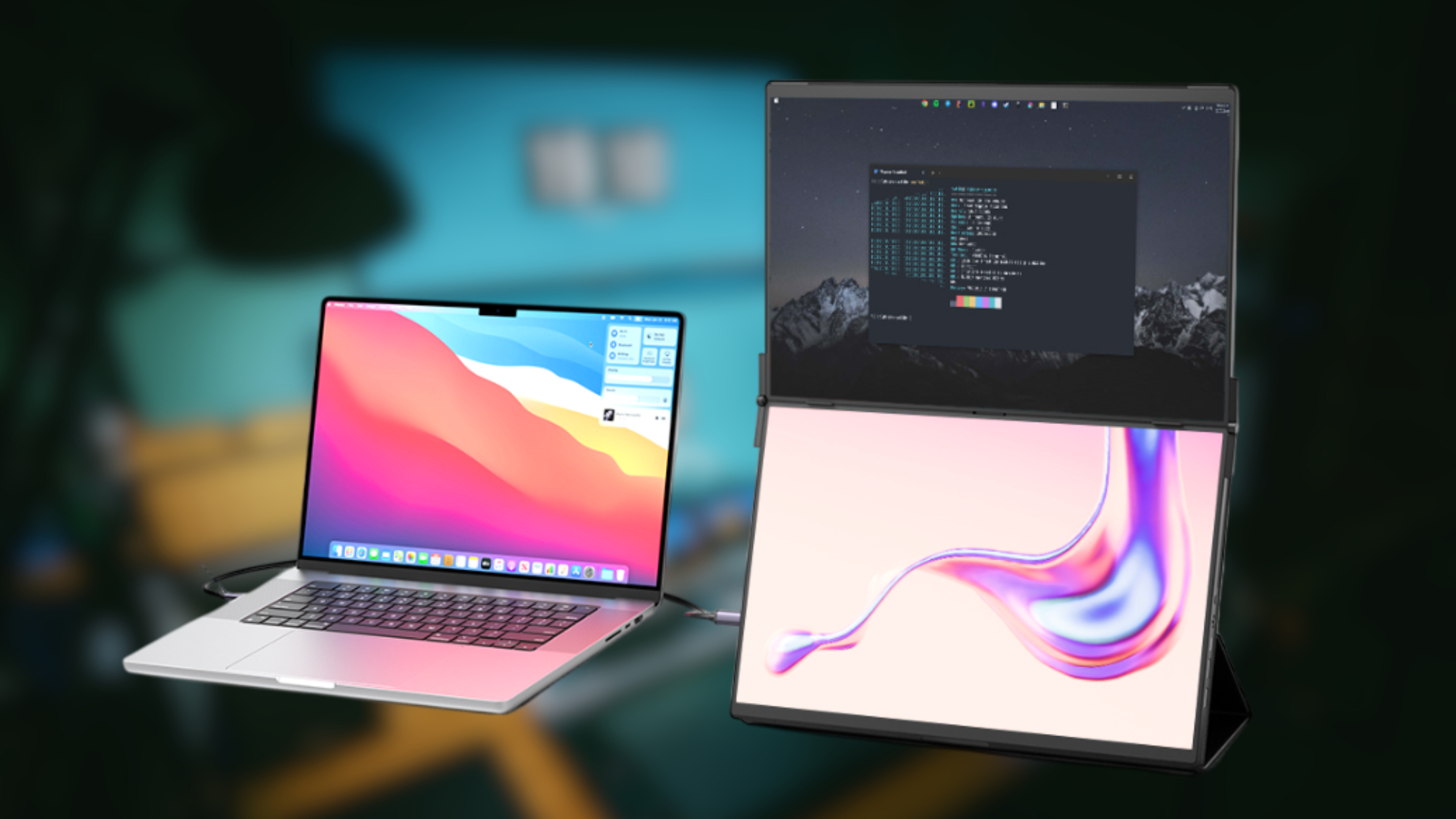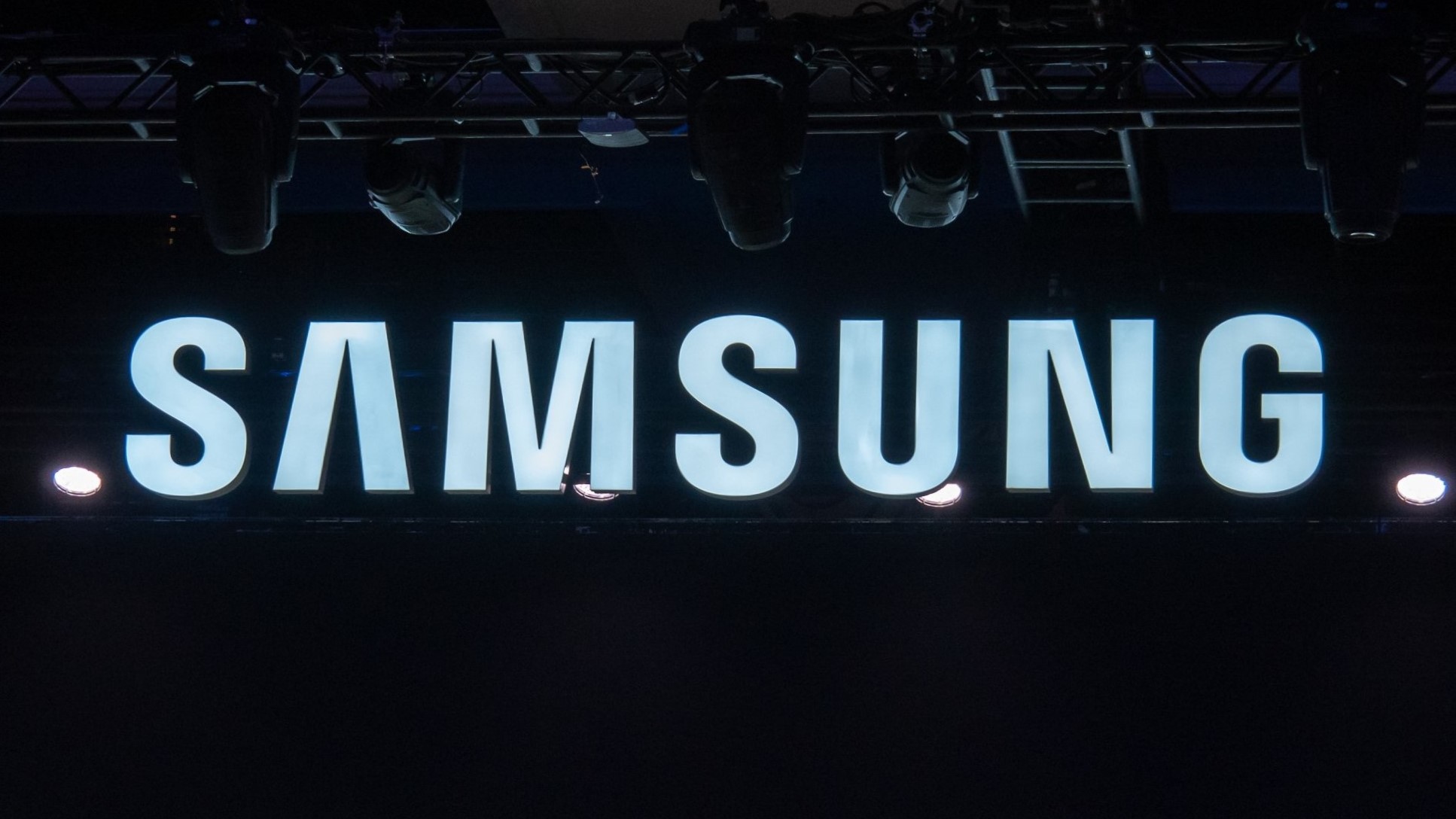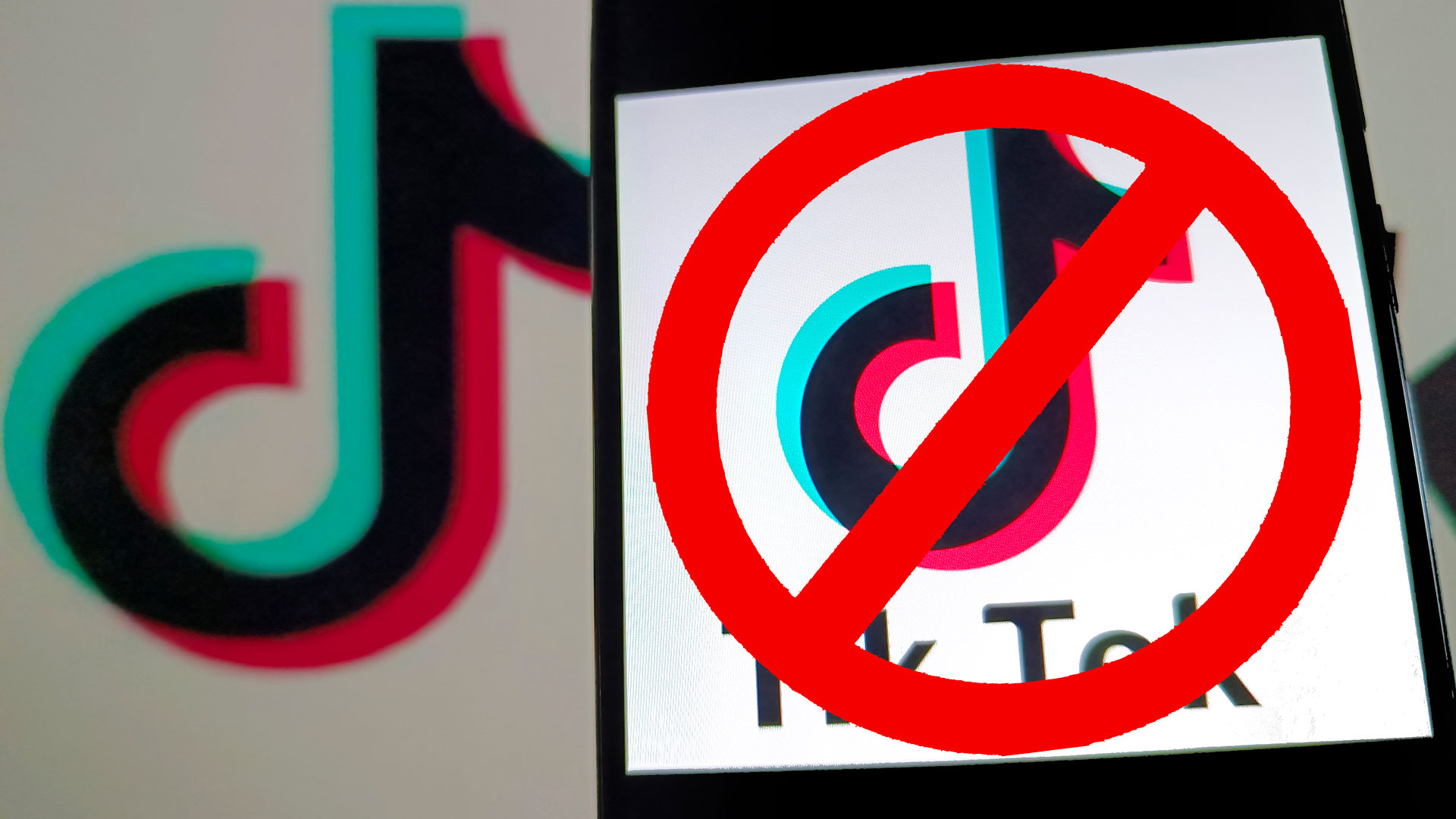AI Could Affect 40% of Jobs and Widen Inequality Between Nations, UN Warns
An anonymous reader shares a report: AI is projected to reach $4.8 trillion in market value by 2033, but the technology's benefits remain highly concentrated, according to the U.N. Trade and Development agency. In a report released on Thursday, UNCTAD said the AI market cap would roughly equate to the size of Germany's economy, with the technology offering productivity gains and driving digital transformation. However, the agency also raised concerns about automation and job displacement, warning that AI could affect 40% of jobs worldwide. On top of that, AI is not inherently inclusive, meaning the economic gains from the tech remain "highly concentrated," the report added. "The benefits of AI-driven automation often favour capital over labour, which could widen inequality and reduce the competitive advantage of low-cost labour in developing economies," it said. The potential for AI to cause unemployment and inequality is a long-standing concern, with the IMF making similar warnings over a year ago. In January, The World Economic Forum released findings that as many as 41% of employers were planning on downsizing their staff in areas where AI could replicate them. However, the UNCTAD report also highlights inequalities between nations, with U.N. data showing that 40% of global corporate research and development spending in AI is concentrated among just 100 firms, mainly those in the U.S. and China. Read more of this story at Slashdot.

Read more of this story at Slashdot.






















































































































.jpg)
%20Abstract%20Background%20112024%20SOURCE%20Amazon.jpg)


















